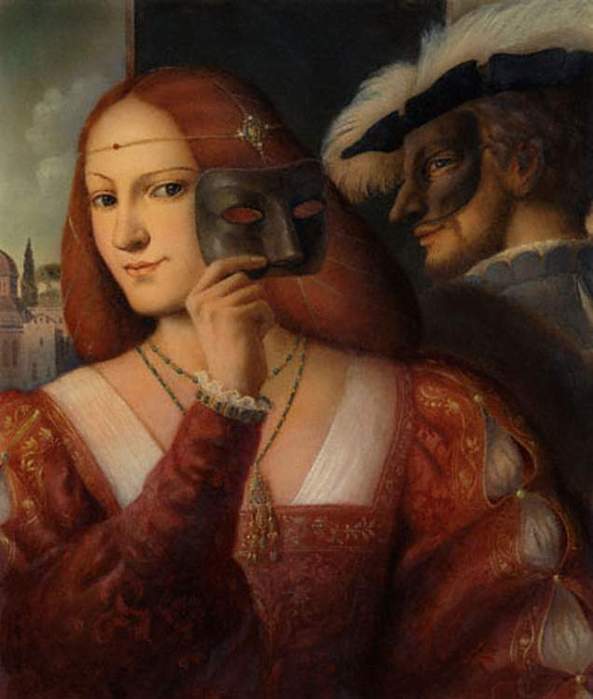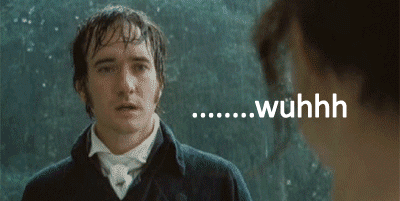Top Ten Tuesday is a weekly feature hosted at That Artsy Reader Girl. Each week you compile a list of ten books which coincide with that week's theme. You can find everything you need to know about joining in here!
This week's theme is 'Books I Disliked/Hated but Am Really Glad I Read'. I thought this would be a tricky one because usually if I really didn't like a book I wish I hadn't wasted time on it, and most of the time these days I don't! If I'm really not liking something I'll DNF it. I did manage to find ten books that fit this week's theme, though!
Five I had to read for school or university, and therefore needed to finish, while others I didn't hate enough to put down while I was reading them but I definitely wouldn't say I liked them either. Anyway, on with my list!
Hamlet by William Shakespeare: I had to read this in school and then again in university, and it's probably my least favourite of Shakespeare's plays because I had to read it so much and also because I just find it boring. Hamlet's irritating and the whole story feels like it should be on an episode of Jerry Springer, which I suppose could be said for a lot of Shakespeare's plays. It is said to be the most quoted play in the world, though, so I'm at least glad I can say I've read it. I'd much rather see it performed, though.
The Great Gatsby by F. Scott Fitzgerald: UGH I hate this book so much. I had to read it in sixth form and I despised every minute. The only reason I'm glad I've read it is so I can tell people I don't like it when they tell me I should read it.
The Were-Wolf by Clemence Housman: This one I read for my Victorian Gothic course at university and I found it really interesting! It's one of the earliest examples of werewolf literature that sparked the love for monster stories in the 19th century. I enjoyed studying it, but the story itself I didn't like; the titular character is a woman, interesting when so many werewolves in modern fiction are men, but she's also the villain and to be honest I was rooting for her. The protagonist is so boring in comparison.
Regeneration by Pat Barker: I had to read this one while studying the First World War in literature during sixth form. This is another book that I enjoyed studying more than I enjoyed actually reading, when it comes to historical fiction I'm just not all that interested in modern history, but it's stayed with me a decade later so I guess it can't be that bad!
Peter Pan by J. M. Barrie: I read this one for my Popular Victorian Fiction module at university and didn't like it at all, it's so sinister, but I'm glad I know the origins of Peter Pan!
What We Left Behind by Robin Talley: This was Talley's second novel after Lies We Tell Ourselves, which I loved, and sadly I didn't like it very much at all. You can check out my review here if you'd like to know why! That being said I do like that it included a genderqueer protagonist and I'd like to read about more non-binary protagonists, especially characters written by non-binary authors.
Angelfall by Susan Ee: There was so much hype around this one when it came out but I just found it really boring? I also wasn't a fan of the way the protagonist's mother's mental health was portrayed. This book did help me realise I'm just not into angel books, though, so I'm glad I read it.
Among Others by Jo Walton: This is my biggest disappointment on this list, because I put off reading this one for the longest time thinking it was going to become a new favourite when I got to it. I was very wrong. You can read my review here, if you like.
Every Heart a Doorway by Seanan McGuire: I love the concept of this book SO MUCH, I just didn't like the plot. Why it had to become a really obvious whodunnit I don't understand, because I think it would have been far more powerful as character study.
Breaking Dawn by Stephenie Meyer: I'm not going to sit here and pretend I wasn't swept away by the Twilight craze, because I totally was, but I remember finishing Breaking Dawn and being so disappointed that nobody important had died. What kind of finale was that? I'm glad I followed the series to the end, though, and whatever we think of it now it played a huge part in getting publishers to take YA publishing seriously.
Which books made your list this week?

























.png)








